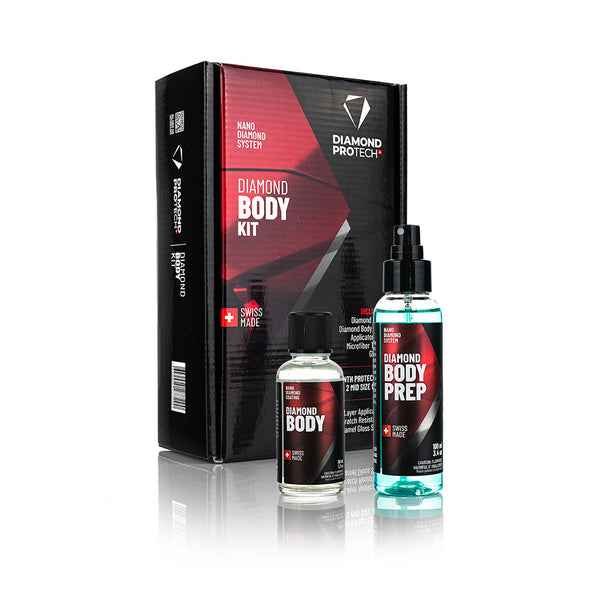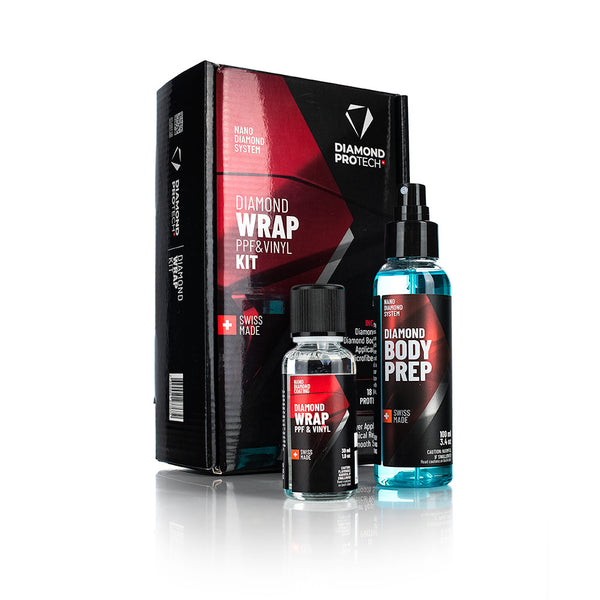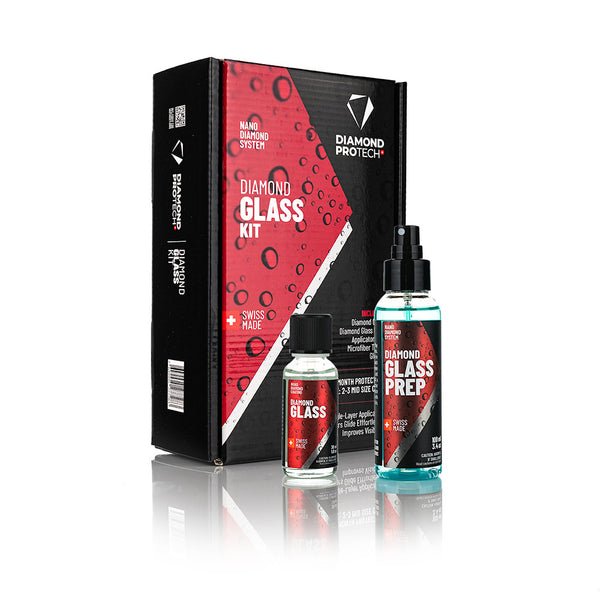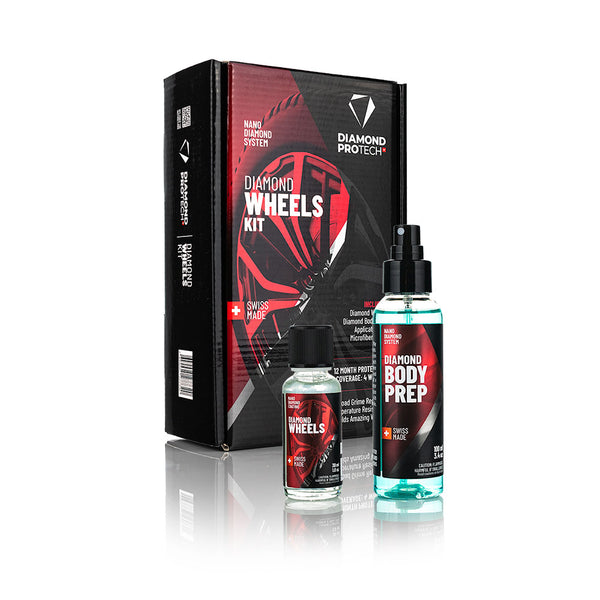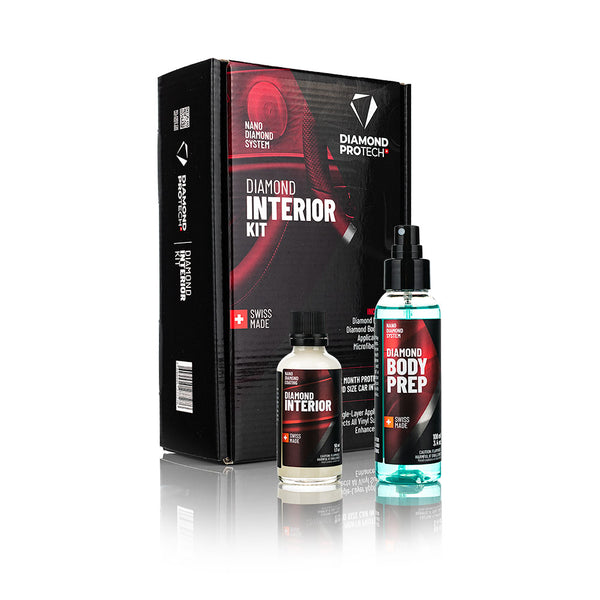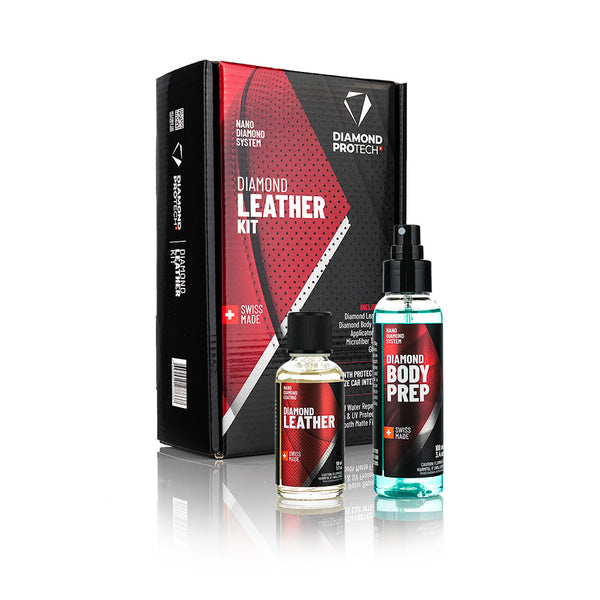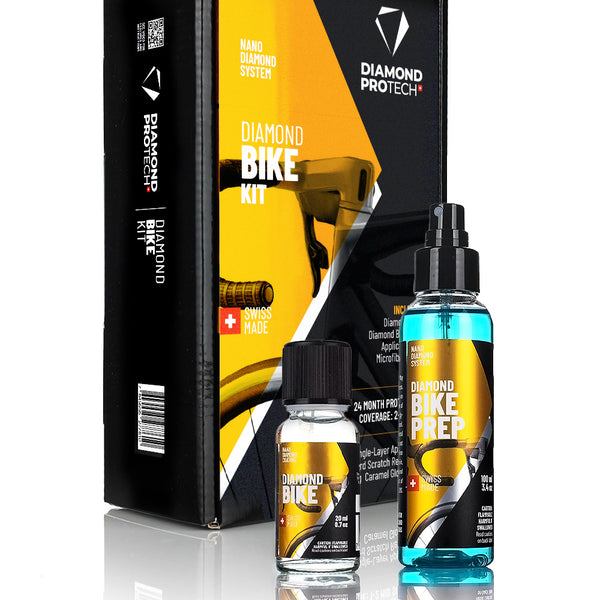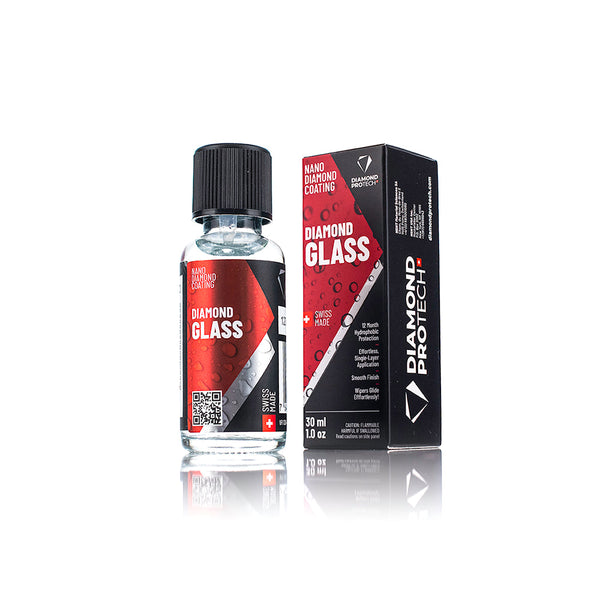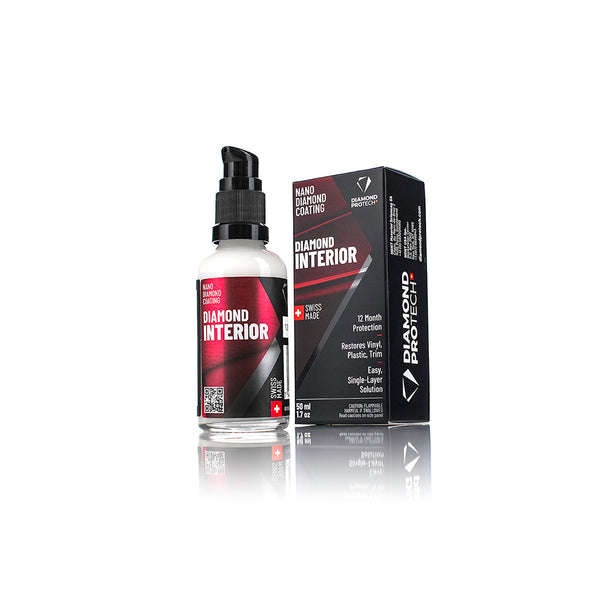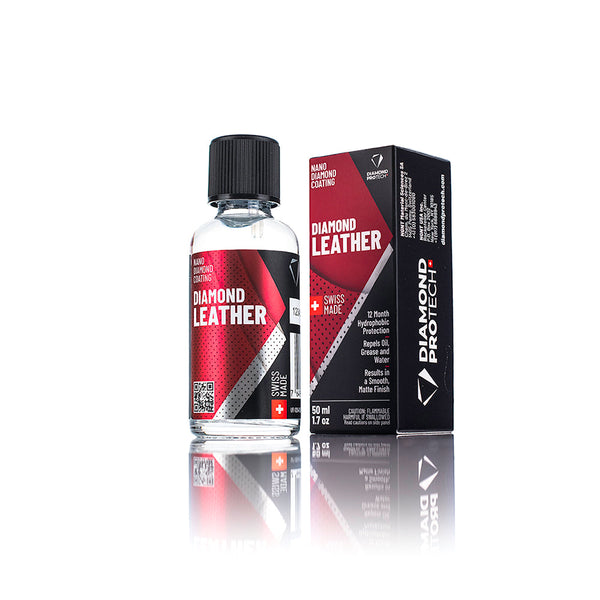Did My Nanodiamond Coating Fail? Clogged Coatings and How to Fix Them
After a long, harsh winter for many vehicle owners around the world, the feverish rush to wash and fully decontaminate their pride and joy has begun.
Regular car care is certainly a must, especially when you have a nanodiamond car coating installed on its exterior surfaces. However, many do not realize that they are not performing a proper wash and decontamination process on their vehicles. As a result, there comes the illusion that your nanodiamond car coating is no longer effective, lacking in its caramel-like appearance or the physical hydrophobicity it brings.
This is, in fact, an illusion. Your Diamond ProTech nanodiamond car coating is not rendered ineffective following the brutality of winter’s precipitation and road spray. It merely needs to be fully and properly decontaminated!
Today, we are going to explore the correct methods in cleaning your nanodiamond coated vehicles and exactly why these techniques matter.

Common Misconceptions About Vehicle Washing and Decontamination
Because of the quantity of noise in the industry surrounding what type of car wash techniques and formulas work best, there has become a hyper-focus on everything from pH-balanced car soaps to remove residual contamination, rinse-less washes, or even water-less washes that safely clean your nanodiamond coated ride.
These products only wash the surface or the vehicle, but don't get those stubborn embedded contaminates out. What washing products like what is listed above can do is bridge the gap between true vehicle decontamination efforts, yet the common misconception is that they actually decontaminate the vehicle they are used on to begin with.
Instead, what frequently happens is added surface protection mounts on your contaminated surfaces from polymers, waxes, and drying agents incorporated in these car wash solutions. As a result, customers do not see the great gloss factor that they have come to love about their nanodiamond car coating and they notice a drop in surface hydrophobicity.
As common yet complex contaminants like bird droppings, road grime, industrial fallout, or brake dust mount and stay on your surfaces even following the implementation of these lackluster wash techniques and solutions, many panic as a result, thinking their nanodiamond car coating has been permanently affected.
The good news is that your coating is safe! But the answer as to why it appears to not be providing the protection it used to is simple — your coating is just clogged!
My Nanodiamond Car Coating is Clogged — What Does This Mean?
Do car coatings really get clogged, like a gutter on a house or a drain in a bathroom?
Not in the same way, but in their own way, their efficacy does get clogged. There are two main and obvious identifiers of a clogged nanodiamond car coating, and they include a loss in hydrophobicity or oleophobicity and a dull or reduced paint and surface luster.
Both of those characteristics are the pinnacle of our nanodiamond car coatings here at Diamond ProTech, and we do not want our valued customers fretting over either waning due to heavy contamination, especially when these messes can be effectively removed! So to assist our customers every step of the way to find the ultimate satisfaction in their nanodiamond car coatings, we have developed comprehensive steps and solutions to fix your clogged coating.
How to Fix Your Clogged Nanodiamond Coating
Low and High pH Baths
In order to remove all of the aforementioned embedded contaminants from your nanodiamond car coating, it is important that you perform a low pH bath or a high pH bath. A low PH bath, or an acid bath, are traditionally known as water spot and mineral spot removers, bringing the decontamination focus to many of the minerals that have embedded themselves into your vehicle’s exterior surfaces.
In addition to low or high pH baths, it is likely you may need to implement a high pH presoak. Generally, this is by way of using a degreaser to wash the vehicle, helping eliminate heavy road grime, gear oils, transmission oil, or other additives that have latched themselves onto your vehicle during the previous months.
Car Claying
Outside of pH baths, many heavy contaminants can be removed mechanically by using a clay solution or synthetic clay solution. Proper clay lubricants have been designed exclusively for the vehicle decontamination process, lifting all the hard-to-remove contamination that cannot be eliminated with pH balance, rinse-less efforts, or any solutions that keep your coating clogged.
Ideally, you should only use mechanical decontamination by way of a claying process on our nanodiamond coated surfaces in extreme cases like over-spray, where chemical decontamination may not be able to be used at the risk of marring the surface of your vehicle.
Avoid Certain Cleaning Products
Finally, another other topic that must be addressed is what we discussed earlier in this blog: Using products that have waxes, polymers, or other protectants in them. Certainly, cleaning your car, truck, or SUV with these store-bought solutions may be done with the best intentions; however, these products are adding protection over your nanodiamond car coating, which does clog it rather than clean it!
In using these, you have added an extra layer of protection over your nanodiamond car coating, which is preventing you from seeing the beauty and true efficacy it is designed for. If these added protectants have compounded on your automobile, they can be removed by using one of the above referenced decontamination methodologies, especially a high pH presoak that our nanodiamond car coatings can handle!
Your Nanodiamond Car Coating Has Not Failed You
The reduction in hydrophobic properties and loss of paint and surface clarity replaced by a dull surface haze can be discouraging, but rest assured that your nanodiamond car coating is still safe beneath the contamination or added waxes and sealants from cleaners!
We cannot stress this enough: A clogged coating is not a failed coating whatsoever! Our nanodiamond car coatings, whether they are Diamond Body, Diamond Body 36, or any other composite coating from us here at Diamond ProTech are built to withstand and divert environmental and human-made contaminants from clouding your caramel-like finish.
If you implement the processes explored in today’s blog, you are sure to see the return of your beautiful finish and the high hydrophobicity and oleophobicity that bring added value to your car, truck, or SUV!
Looking to learn more about our nanodiamond car coatings or looking for more helpful tips in installing and more importantly, maintaining each of our composite coating products? Please be sure to visit our website by clicking here and connect with us on social media today!
